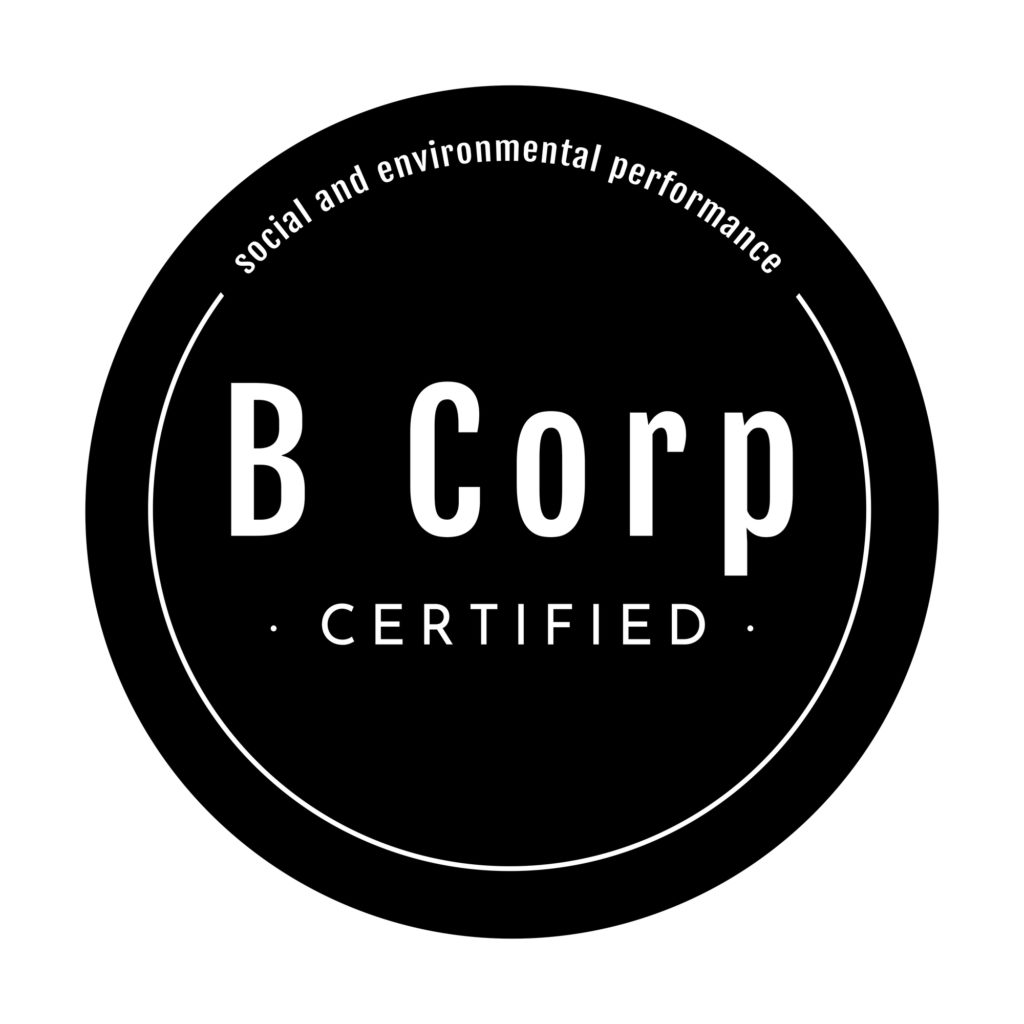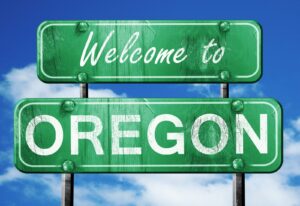The psychedelics movement has a benevolent streak, which may create an influx of benefit companies in the regulated space.
In Oregon, the state will regulate the actual practice of medicine out of the program, but many industry operators — manufacturers, service centers and facilitators — are interested in health aspects of psilocybin use nonetheless. Others support legalization or psychedelics for social justice reasons. When people of this general orientation approach our psychedelics attorneys to start licensed businesses, they often ask about “benefit company” status.
What is a psychedelics benefit company?
Over the past decade, most states in the U.S. have adopted benefit company statutes. Generally speaking, a benefit company is a type of corporation or limited liability company that considers its impact on society in making decisions. Sometimes, B Corps and B LLCs are said to have a “triple bottom line” which includes not just profits, but also the community and the environment. A few well-known benefit companies include Patagonia and Ben & Jerry’s.
How Do Psychedelics Benefit Companies Work?
Because of the triple bottom line ethos, benefit companies do not impose a strict duty on their directors, officers, managers or members to maximize profits. This differs from a traditional corporation, where governing individuals can be exposed to shareholder litigation for failing to make decisions that maximize profits. Psilocybin or psychedelics entrepreneurs, like business people in other industries, may find this element of benefit company status attractive.
Benefit companies may sound a bit like non-profit corporations, but they aren’t. For state and federal tax purposes, benefit companies are considered for-profit entities. They also tend to be structured no differently than for-profit companies, in terms of underlying company paper and personnel. Benefit companies do behave like non-profits in the sense that they are mission-oriented, but that’s about it.
Almost all states now accept benefit companies and follow model B company legislation, which hasn’t been around all that long. As a result, the process of becoming a benefit company is fairly consistent from state to state. Some progressive states, like Oregon, have adopted a broader version of the benefit corporation law that allows founders to form benefit LLCs, in addition to corporations. In the Oregon cannabis and psilocybin industries, we have formed both kinds of companies.
Forming a B corporation or B LLC
In most states, forming a benefit company isn’t terribly difficult: as far as filing, it’s typically a “check the box” election that is made in the entity’s Articles of Organization (LLC) or Articles of Incorporation (corporation). It’s what comes after the election that takes some thought. The benefit company is required to adopt a third party standard to judge its efforts to accomplish a public benefit (such as the B Labs Impact Statement). Each year, the company must also draft a benefit report detailing its efforts in achieving its public benefit, and distribute the report to its owners and through its website.
What’s Next
Benefit companies often help owners and investors feel good about their enterprises, and, from a branding point of view, the B Lab certification is a great look. The psychedelics community has made big strides over the past few years with respect to public awareness and acceptance. Let’s see how many Oregon psilocybin businesses embrace the benefit model.


























